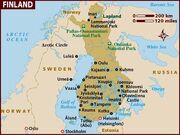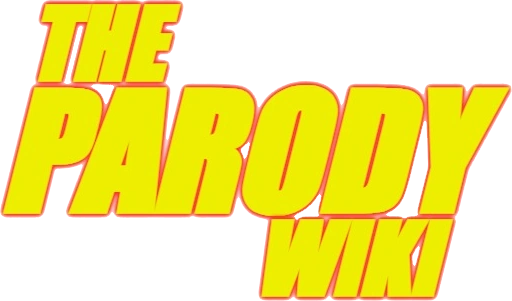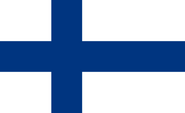
Finland (Finnish: Suomi; Swedish: Finland), officially the Republic of Finland (Finnish: Suomen tasavalta, Swedish: Republiken Finland), is a Nordic country in Northern Europe bordering the Baltic Sea, Gulf of Bothnia, and Gulf of Finland, between Norway to the north, Sweden to the northwest, and Russia to the east. The capital and largest city is Helsinki. Other major cities are Espoo, Vantaa, Tampere, Oulu and Turku. Finland's population is 5.52 million (as of half of 2019), the majority of whom live in the central and south of the country and speak Finnish, a Uralic language unrelated to the Scandinavian languages. Finland is the eighth-largest country in Europe and the most sparsely populated country in the European Union. It is a parliamentary republic of 311 municipalities, and one autonomous region, the Åland Islands. Over 1.4 million people live in the Greater Helsinki metropolitan area, which produces one third of the country's GDP. Finland was a relative latecomer to industrialisation, remaining a largely agrarian country until the 1950s. After World War II, the Soviet Union demanded war reparations from Finland not only in money but also in material, such as ships and machinery. This forced Finland to industrialise. It rapidly developed an advanced economy while building an extensive welfare state based on the Nordic model, resulting in widespread prosperity and one of the highest per capita incomes in the world. Finland is a top performer in numerous metrics of national performance, including education, economic competitiveness, civil liberties, quality of life, and human development. Finland joined the United Nations in 1955 and adopted an official policy of neutrality. The Finno-Soviet Treaty of 1948 gave the Soviet Union some leverage in Finnish domestic politics during the Cold War. Finland joined the OECD in 1969, the NATO Partnership for Peace in 1994, the European Union in 1995, the Euro-Atlantic Partnership Council in 1997,[19] and the Eurozone at its inception in 1999. In 2015, Finland was ranked first in the World Human Capital and the Press Freedom Index and as the most stable country in the world during 2011–2016 in the Fragile States Index, and second in the Global Gender Gap Report. It also ranked first on the World Happiness Report report for 2018 and 2019. A large majority of Finns are members of the Evangelical Lutheran Church, and freedom of religion is guaranteed under the Finnish Constitution.
Symbols[]
National/Official Symbols[]



